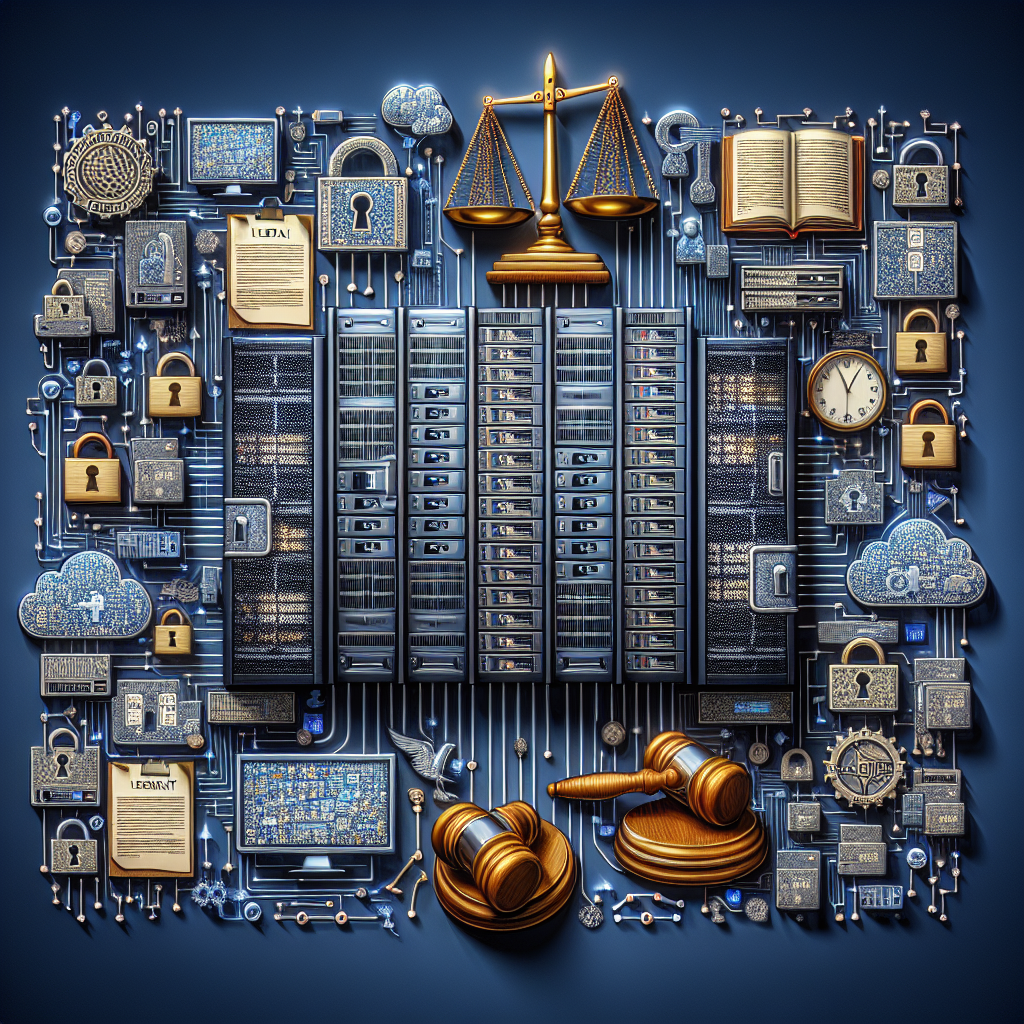The Role of Data Center Security Systems in Compliance and Regulatory Requirements
As technology continues to advance and businesses rely more heavily on data storage and processing, the importance of data center security systems cannot be overstated. Data centers house a vast amount of sensitive information, including customer data, financial records, and intellectual property. Ensuring the security of this data is crucial for maintaining trust with customers, protecting valuable assets, and complying with regulatory requirements.
One of the key roles of data center security systems is to protect against unauthorized access. This includes physical security measures such as access control systems, surveillance cameras, and security guards, as well as cybersecurity measures like firewalls, encryption, and intrusion detection systems. By implementing these layers of security, data center operators can prevent unauthorized individuals from gaining access to sensitive information and minimize the risk of data breaches.
In addition to protecting against unauthorized access, data center security systems play a critical role in helping organizations comply with various regulatory requirements. Many industries, such as healthcare, finance, and government, are subject to strict regulations governing the handling and storage of sensitive data. For example, the Health Insurance Portability and Accountability Act (HIPAA) sets forth requirements for protecting patient health information, while the Payment Card Industry Data Security Standard (PCI DSS) outlines security standards for organizations that process credit card payments.
By implementing robust security systems, data center operators can demonstrate compliance with these regulations and avoid costly penalties for non-compliance. For example, a data breach that exposes sensitive customer information could result in fines, legal action, and damage to the organization’s reputation. By investing in state-of-the-art security systems, data center operators can mitigate these risks and demonstrate their commitment to protecting customer data.
Furthermore, data center security systems can also help organizations meet the requirements of international data protection laws, such as the General Data Protection Regulation (GDPR) in the European Union. The GDPR mandates that organizations implement appropriate security measures to protect personal data and requires data processors to adhere to strict data protection principles. By implementing comprehensive security systems, data center operators can ensure compliance with these regulations and build trust with customers who are increasingly concerned about data privacy.
In conclusion, data center security systems play a crucial role in protecting sensitive information, maintaining compliance with regulatory requirements, and safeguarding the reputation of organizations. By investing in robust security measures, data center operators can minimize the risk of data breaches, demonstrate compliance with industry regulations, and build trust with customers. As the volume of data continues to grow and cyber threats become more sophisticated, ensuring the security of data centers is essential for the long-term success of businesses in today’s digital world.


